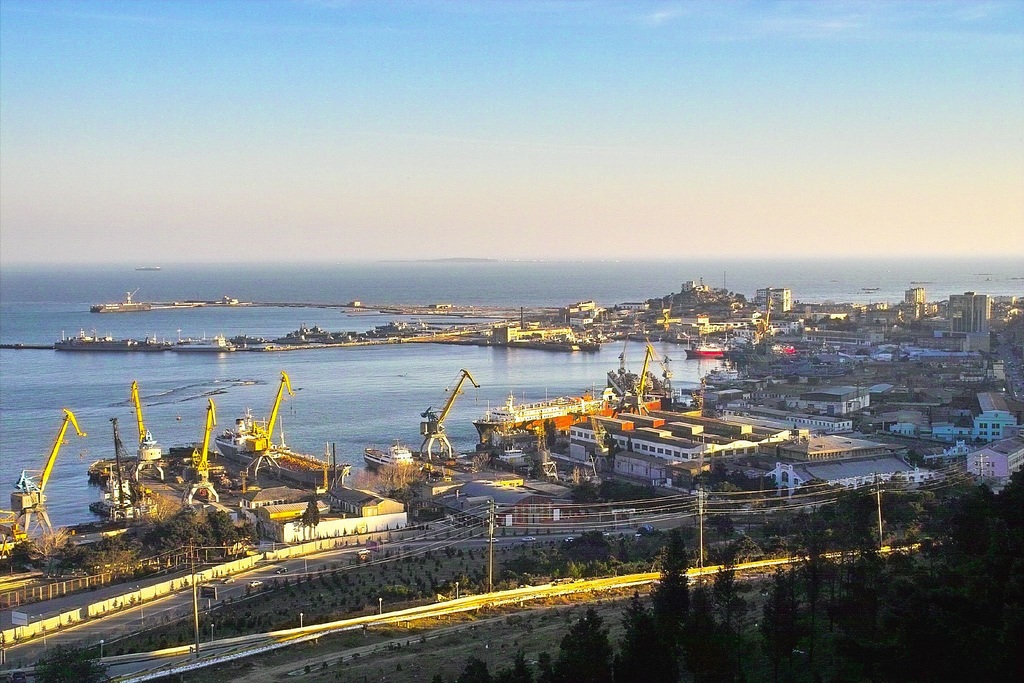Twenty-five years since its independence from the Soviet Union, Azerbaijan is the most authoritarian it has ever been. As the country’s oil revenues decline, the government crackdown on civil society organisations and activists has sharpened. The targets are people who speak out about corruption, human rights violations, and economic inequality. They have been jailed, harassed, and forced into exile.
On 25 and 26 October, the Board of the Extractive Industries Transparency Initiative (EITI), an international initiative that promotes good governance by resource-rich countries, will decide whether Azerbaijan should be further sanctioned for falling short of its commitments towards an open and accountable management of its natural resources. EITI brings together states, extractive companies, and civil society. In April 2015 the EITI board downgraded Azerbaijan’s status for its failure to maintain free and effective civil society participation in the initiative, and outlined concrete remedial actions required to address the concerns.
Azerbaijan was among the first countries to join the EITI in 2003, at a time when its work towards transparency looked promising. The initiative was going to strengthen government and company systems for natural resource governance, inform public debate, and promote understanding about Azerbaijan’s oil sector.
Since 2014 however, this process has been blighted by a sweeping crackdown on civil society. New legislation subjects independent groups to extensive government control, including over their registration, governance, funding, and banking operations.
Independent activists and groups that criticize the government have been subjected to smear campaigns, interrogations, politically motivated criminal investigations, and in some cases physical attacks. The authorities made it practically impossible for local groups to access independent funding. These have taken devastating toll on Azerbaijan’s independent groups and their leaders. Many have stopped operating, in some cases permanently, some have moved abroad, while others struggle to continue their important work.
Despite firm criticism by international bodies, including the Council of Europe, the Open Government Partnership and the EITI, the government of Azerbaijan has continued its efforts to silence critical voices in Azerbaijan.
The EITI Board should maintain its pressure on the Azerbaijani government to stop its crackdown on local civil society. Civil activists need space to function freely in order to promote a transparent and accountable government, without fear.
These profiles, a joint initiative with Human Rights Watch, highlights how the crackdown has affected the personal and professional lives of independent activists, including those involved in the EITI. They underscore why strong action is urgently needed to protect activists in Azerbaijan.
Read the profiles here:










